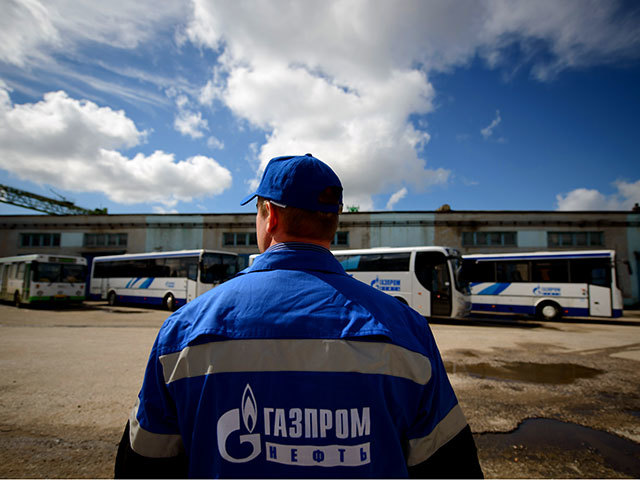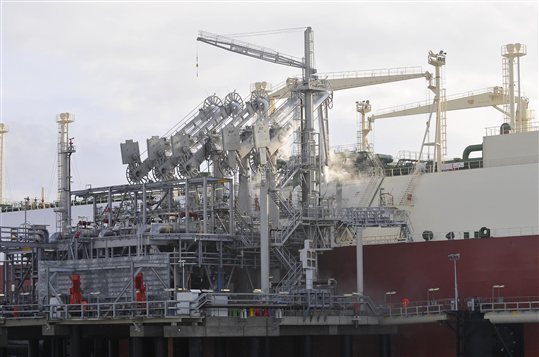
Gazprom has warned the EU of a wide-scale gas market crisis and underinvestment amid falling commodity prices unless Brussels revises its “contradictory” energy policies.
Gazprom supplies Europe with a third of its gas needs. Its exports to the European Union and Turkey last year rose by 8% to 159.4 billion cubic metres as consumers took advantage of falling gas prices, which are pegged to those of oil with a six-to nine months lag.
Chairman Viktor Zubkov told a conference in Vienna on Wednesday that Russian gas prices in Europe will likely fall by more than a third in the first quarter to $180 per 1,000 cubic metres and that exports this year will remain broadly the same.
However, he painted a gloomy picture for years ahead as oil prices have plummeted to 12-year lows and suppliers are facing financial constraints.
“There are actually only quite a few countries that can continue their investment when prices are as low as they are now. In the future, when there won’t be enough investments for 2017-18 there might be huge problems on the gas markets,” he told the conference.
Russian gas supplies to Europe have become increasingly politicised after Moscow’s relations with the West dramatically worsened in 2014 following Russia’s annexation of Ukraine’s Crimea peninsula and introduction of sanctions by the EU and United States.
The EU had introduced new sets of regulations, known as Third Energy Package in 2009, which angered Gazprom and forced it to sell stakes in some assets in Europe.
The regulations, entered into force in the EU in 2009, also set a huge obstacles to Gazprom’s plans to build the South Stream undersea gas pipeline to Bulgaria – a project eventually scrapped by President Vladimir Putin in 2014.
Zubkov, a close ally of Putin, told the conference that Russia “needs to understand the role the EU gives to Russian gas in its energy mix”.
“We need to know clear rules of the game on the market because investments… will depend on this,” he said.
“The situation is rather difficult now and it could be a great risk for security of supply. We need balanced cooperation with our partners,” Zubkov said.
“We call upon our European partners to keep up a long term balance of the interests of all participants of the market. We don’t know how long the prices will be as low as they are now.”
Last year, Gazprom agreed with a number of European companies to expand the Nord Stream pipeline which should double the existing capacity of the route and help Russia to avoid Ukraine as a transit country for some of its gas flows to Europe.
Recommended for you
